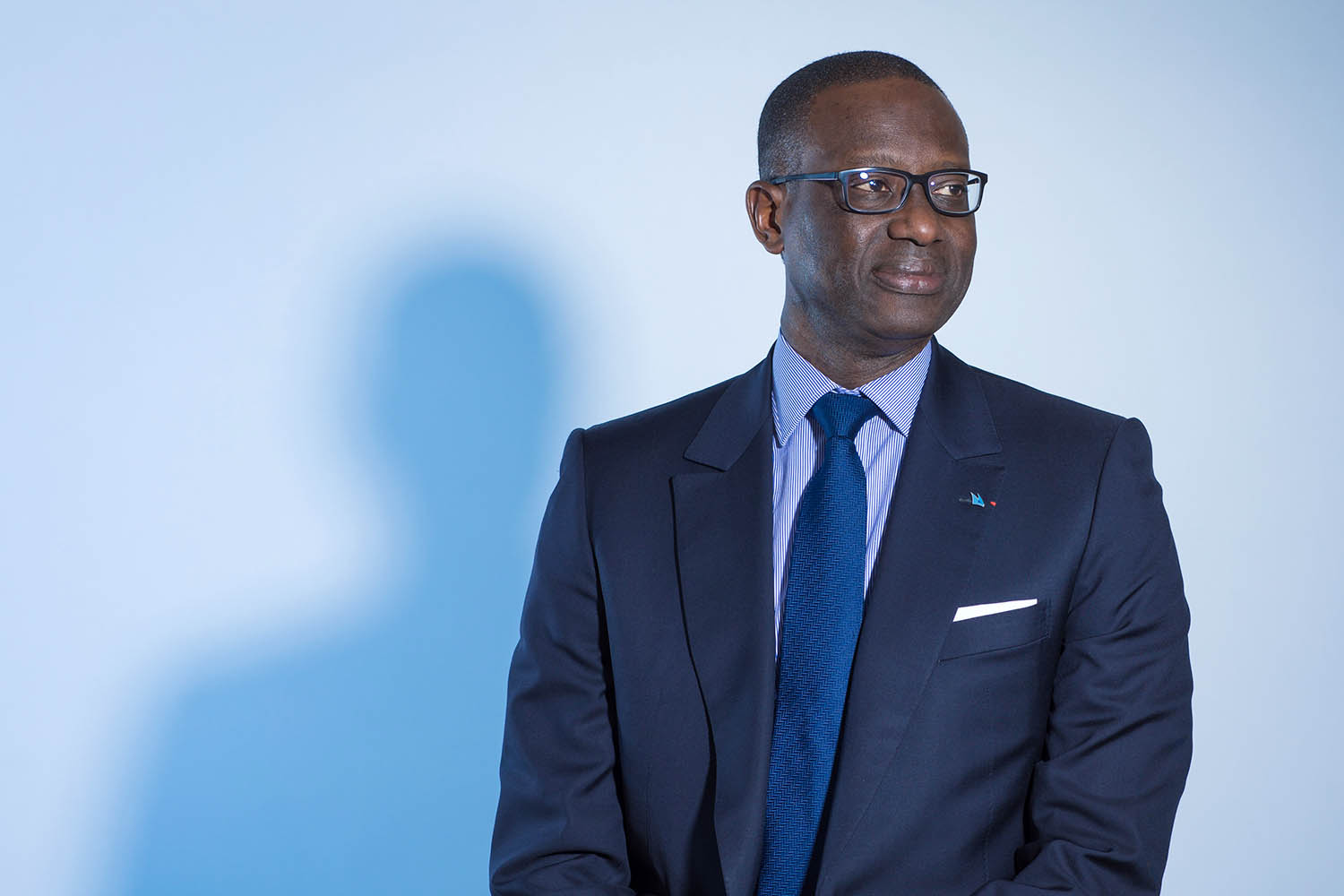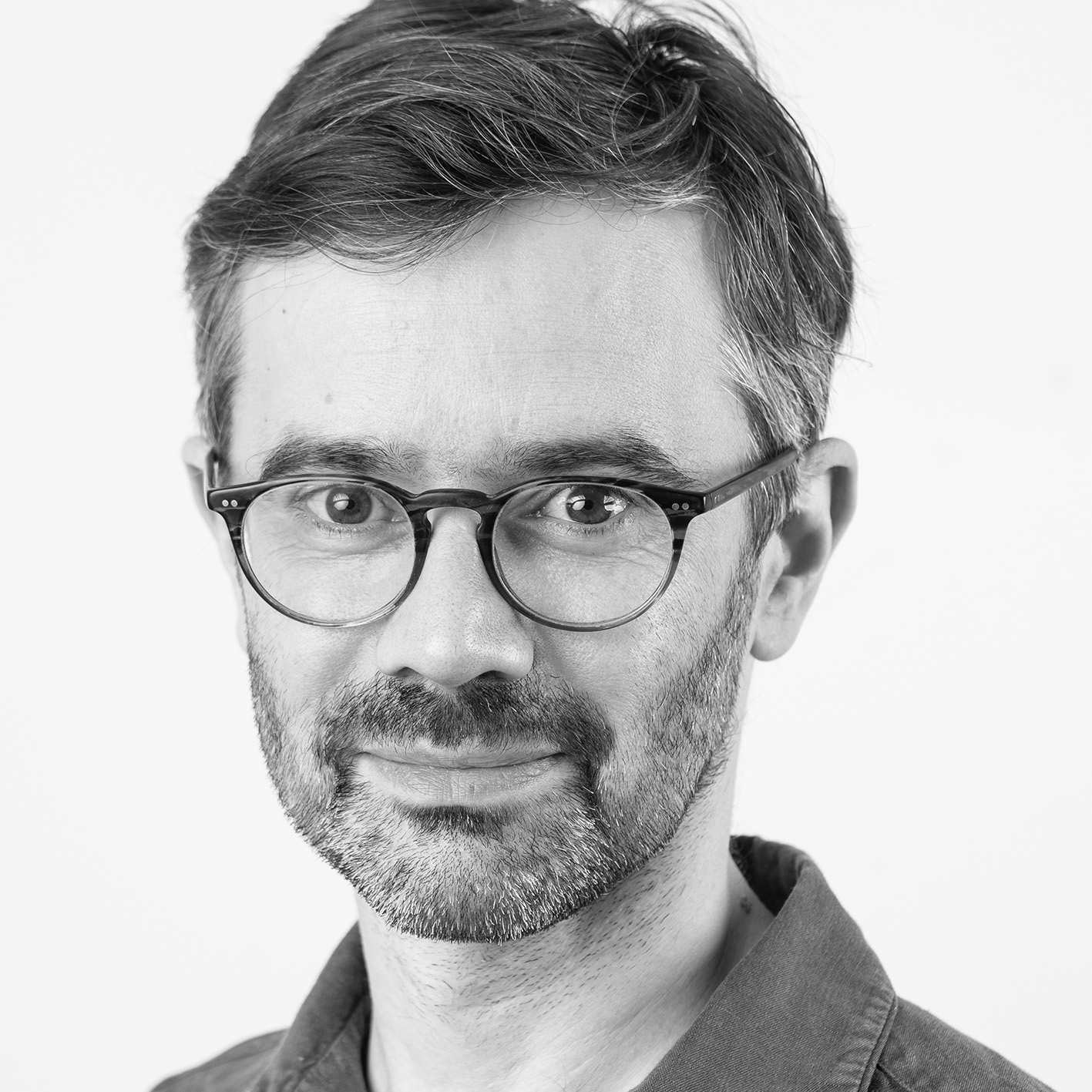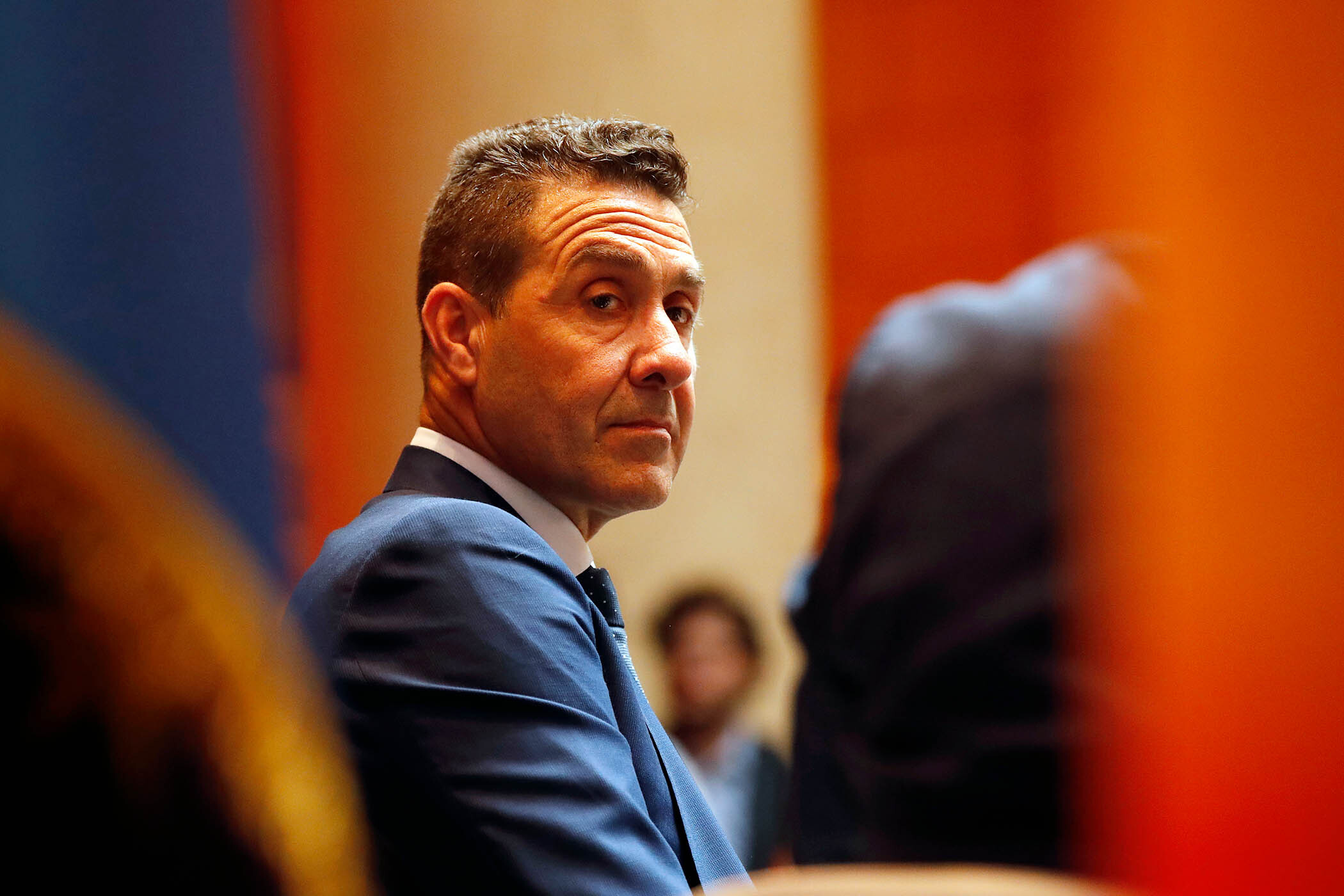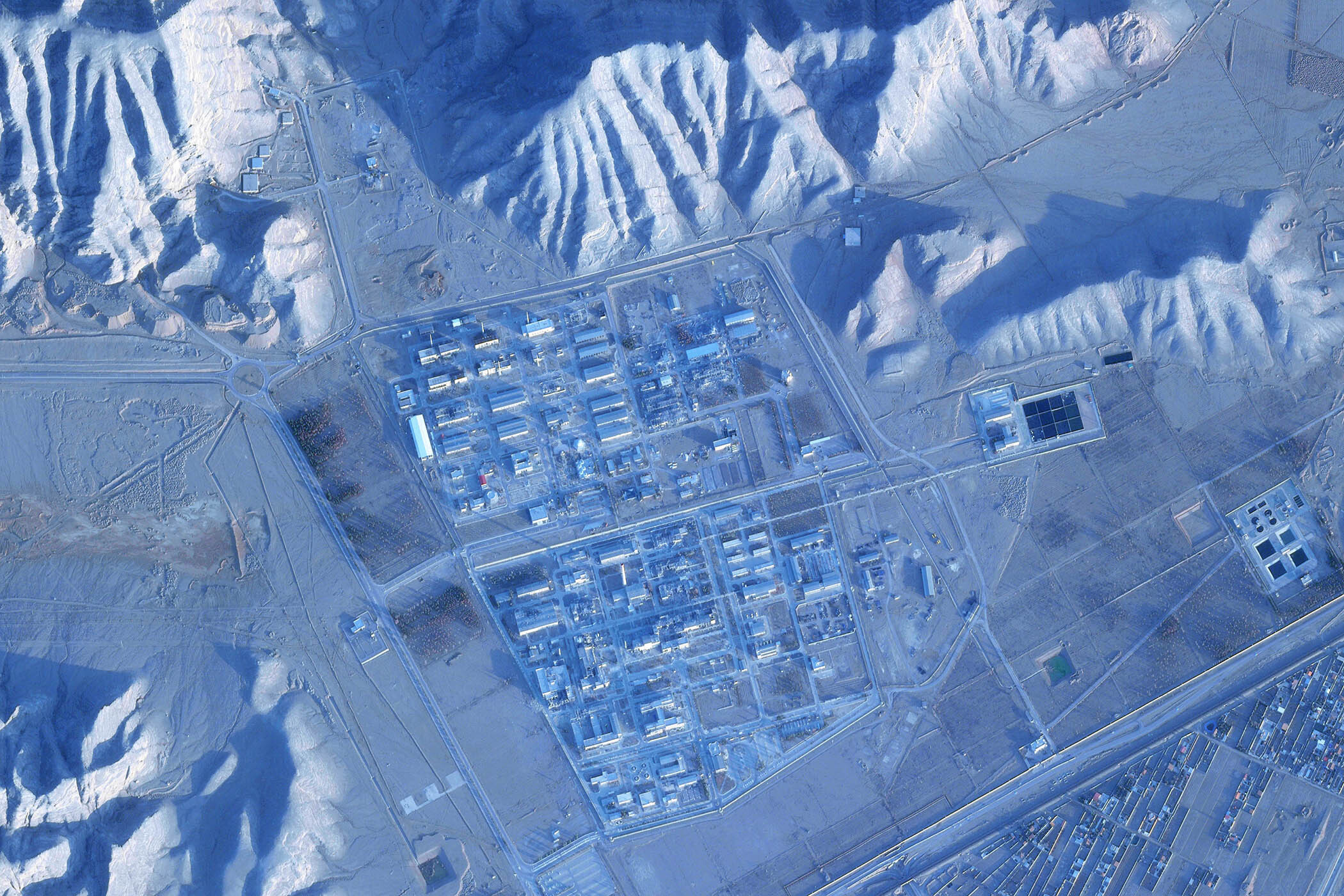When the Sudanese telecoms billionaire Mo Ibrahim launched the Ibrahim Prize for African Leadership in 2007, he hoped both the prestige and the $5m cheque would give democracy on the continent a much-needed boost. Leaders were eligible if they had been democratically elected, strengthened their country’s human rights and economic prosperity, and - crucially - had stepped down when their time in office came to an end.
The first winner was Mozambique’s Joachim Chissano, followed a year later by Botswana’s Festus Mogae. But then things became tricky. In 2009 and 2010, the committee couldn’t find anyone fit to wear the crown, and in the years since the prize has become a barometer for the continent’s declining democratic health. In the 2010s just four leaders were deemed worthy, and in this decade the situation has become worse: this year, for the fifth in a row, there was no winner.
The past few years have seen a rising number of coups, rigged elections and opposition leaders finding themselves in a court room - or even jail. “There is a creeping sense of authoritarianism across Africa,” says Murithi Muriga, a former Kenyan journalist who now runs the Africa programme at International Crisis Group.
In the past week, three countries that have until recently been viewed as democratic success stories have cracked down on the opposition. In Cote d’Ivoire, the main opposition leader, Tidjane Thiam, was struck off the electoral roll and barred from running in October’s election; in Tanzania, Tindu Lissu, leader of the opposition Chadema party, was charged with treason; while in Tunisia, 40 opposition figures were sent to jail for up to 66 years.
“What’s striking about those three countries is that its citizens had allowed themselves to hope,” says Muriga. After the death of the increasingly autocratic John Magufuli in 2021, Tanzania appeared to be returning to democratic health. Cote d’Ivoire had witnessed a peaceful transfer of power in the years after a civil war; while Tunisia after the Arab Spring was seen as the poster child of North African democracy.
Africa is home to 54 individual, independent nations, which means making sweeping comments about a continent can be a fool’s errand. But there are a handful of trends that affect them all.
Firstly, this is part of a global trend towards authoritarianism. America is run by a man who tries to overturn elections, ignores the supreme court, threatens his critics with arrest and tries to destroy independent media – African citizens are hardly alone when it comes to dealing with despots.
Then there is the state of the global economy. African nations, like the rest of the world, have been hit by inflation and cost of living crises – in Nigeria, for instance, inflation is currently 22 per cent.
The weakening of the post-1945 international settlement has also had an impact. A decade ago, the US and Europe could use their economic, military and cultural weight to persuade African governments to move towards democracy and respect for human rights. Now the US has abolished its aid programme, while European nations including the UK have weakened theirs. And a Europe that has shifted to the populist right is more interested in striking deals with Tunisia to prevent African migration than threatening to withhold aid in return for democratic reforms.
At the same time, African governments looking for economic deals can turn to other nations like China, Turkey and the UAE that won’t ask awkward questions about democracy or human rights. China’s rise over the past two decades offers African leaders a different model, says Muriga. “The lesson is that democracy is not a prerequisite for development. Some are tempted by a more authoritarian technocratic leadership.”
Newsletters
Choose the newsletters you want to receive
View more
For information about how The Observer protects your data, read our Privacy Policy
Finally, African democracy is young. The institutions that hold a democracy together - a free press, an independent judiciary, an incorruptible electoral commission - are flimsier structures than in the West. Whether an election is truly free and fair often boils down to the willingness of a principled chief justice or head of the electoral commission to ensure the law is followed.
Eighteen years on from the launch of his prize, Ibrahim admits now to being “deeply concerned about the trends we are seeing across Africa.” He worries about a potent mix of security crises and democratic backsliding. “Much of the progress witnessed on the continent could be lost,” he says.
But Ibrahim is also an optimist - you don’t become a billionaire building a telecoms network in a continent where hardly anyone even had landlines without bucketfuls of hope. “There are also democratic success stories in Africa, and it is important that a continent of 54 countries does not become defined by individual cases.”
I witnessed one such success story last May, reporting for the Observer on South Africa’s election. In many ways, it didn’t feel like there was much to celebrate: a corruption-riddled government faced off against a divided and increasingly Balkanised opposition. But the vote was free and fair, the press was rigorous and when the ANC lost its majority, it accepted the result and formed a coalition - the first time in Africa’s history that a former liberation movement had acknowledged an electoral setback. A small win, perhaps, but a reason for hope in an old continent’s young democratic journey.



